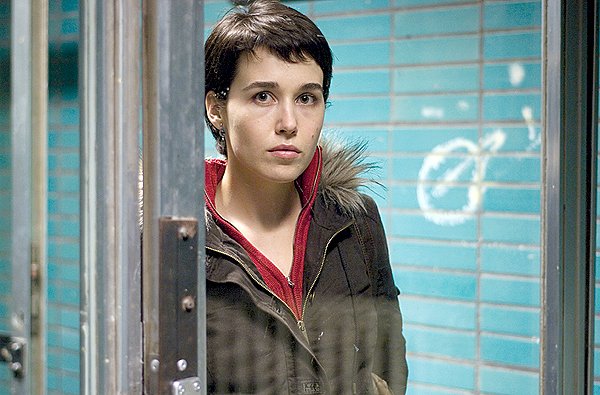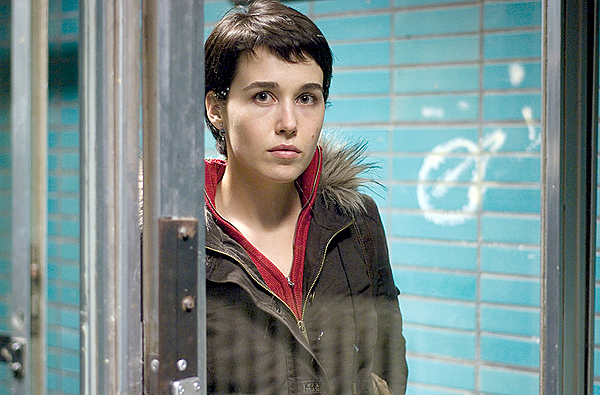LITTLE ROCK — Belgian filmmaking brothers Luc and Jean-Pierre Dardenne are reformed documentarians whose fictional narratives are sealed tight against phony uplift and sentimental aggrandizing. They aren’t humorless, but they are austere and bleak chroniclers of the invisible classes of the European working poor.
It’s easy to dismiss their movies as mirthless, but there’s something compelling in their vision. They’re like 21st-century versions of social reformer Jacob Riis or, perhaps more to the point, sensation-monger Weegee, two men who explored the lower rungs of society with insistent cameras that produced fascinating, heartbreaking images.
Their latest, the riveting Lorna’s Silence, is a story of an Albanian emigre, Lorna (Arta Dobroshi), who has become an unwitting pawn in an international marriage-for-immigration scam. She herself obtained Belgian citizenship by marrying a junkie named Claudy (the fantastic Jeremie Renier), whom she intends to divorce, so she can marry her boyfriend Sokol (Alban Ukaj), with whom she intends to open a small snack bar.
But Fabio (Fabrizio Rongione), the underworld figure who brokered Lorna’s marriage to Claudy, wantsher to marry a Russian who’s also seeking Belgian citizenship. (Lorna became a citizen with her marriage to Claudy.) The obvious problem is what to do with Claudy. Fabio doesn’t want to wait for the notoriously slow Belgian legal system to grant a divorce; it would be so much quicker if Claudy died of an overdose - accidental or otherwise.
Movie
Lorna’s Silence
Arta Dobroshi plays the title character, a young Albanian woman living in Belgium who, to open a snack bar with her boyfriend, becomes an accomplice in a mobster’s diabolical plan. Subtitled. With Jeremie Renier, Fabrizio Rongione, Alban Ukaj, Morgan Marinne; directed by Luc and Jean-Pierre Dardenne.
Lorna has no real choice but to go along with Fabio’s plan - she needs the bounty Fabio will pay her to marry the Russian (whom she will presumably also divorce, to marry again for Fabio’s profit), and she has no affection or respect for Claudy, a pathetic mess of human wiring. He seems determined to kill himself with heroin anyway; to hasten his departure would be a small mercy.
But Claudy wants his wife’s respect, if not her affection, and so he determines to clean himself up, to quit using - cold turkey. And so Lorna finds herself facing a genuine moral dilemma: Does she save this man or save herself?
As with all the Dardennes’ films since 1999, Lorna’s Silence is less a character study than the apparent breaking-in of a camera crew on a sad and sordid life. We aren’t meant to genuinely empathize with Lorna or any of the other characters; it’s enough that we understand their circumscribed humanity. This is life’s other side, that Hank Williams sang about. Lorna’s Silence is a moral tale that doesn’t vilify or castigate any of its characters, but, through the accretion of significant details, makes a case for the humanity of the people whose eyes we’re afraid to meet in the street.
MovieStyle, Pages 37 on 10/23/2009

